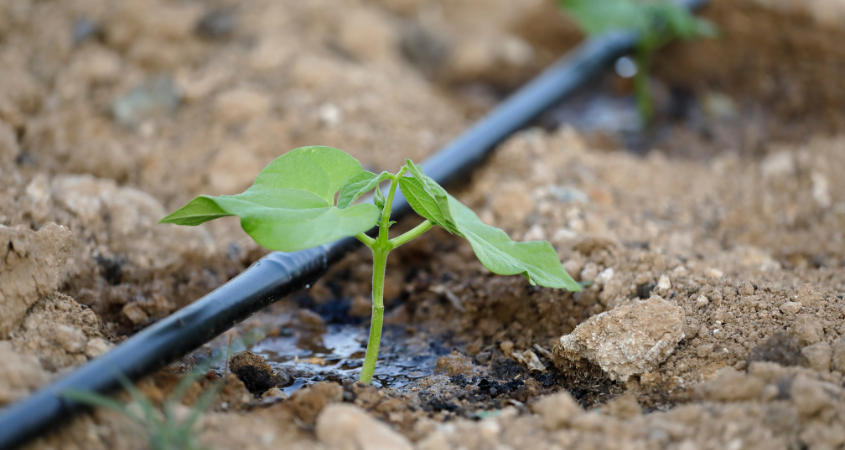
In agricultural operations, the influence of irrigation water quality on crop health is a pivotal yet frequently underestimated factor. Let’s delve into the symbiotic relationship between water quality and crop vitality in the realm of irrigation management.
Water is the lifeblood of crops, nurturing the plant’s germination, growth, and fruition process. The quality of irrigation water used directly shapes the health and productivity of crops. Water quality encompasses parameters such as pH, electrical conductivity, and nutrient content, each playing a distinct role in the well-being of crops.
The pH level of irrigation water sets the stage for nutrient availability to crops. Crops thrive in soils where the pH is within an optimal range. Deviations from this balance can lead to nutrient deficiencies or toxicities, impacting crop growth and overall health. Regular water testing allows farmers to fine-tune pH levels, creating an environment conducive to robust plant development.
Electrical Conductivity is indicative of the water’s salinity (salt) levels. Crops differ in their tolerance to salts. Therefore, when dealing with salty water, it is advisable to grow crops that are known for their salt tolerance. Crops such as beans, carrots, onions, and capsicum are less tolerant and should be avoided in such conditions.
Contaminants in irrigation water can disrupt this delicate ecosystem, affecting the availability of nutrients to crops and compromising the soil’s natural fertility. Prioritizing water quality becomes a strategy to nurture a thriving soil microbiome that supports crop health.
Water contaminated with harmful microorganisms can introduce diseases to crops, leading to reduced yields and compromised quality. Rigorous water quality assessments, including microbial analysis, are essential to ensure the microbial purity of irrigation water, safeguarding crops from potential infections.
Understanding the impact of water quality on crop health is a cornerstone of sustainable agriculture. By optimizing water quality through regular irrigation water testing, farmers contribute to resource conservation and promote the long-term health of their agricultural ecosystems.
#Waterislife #Watermanagement #Waterconservation
Order our services and get to know how to improve your soil for better yeilds.